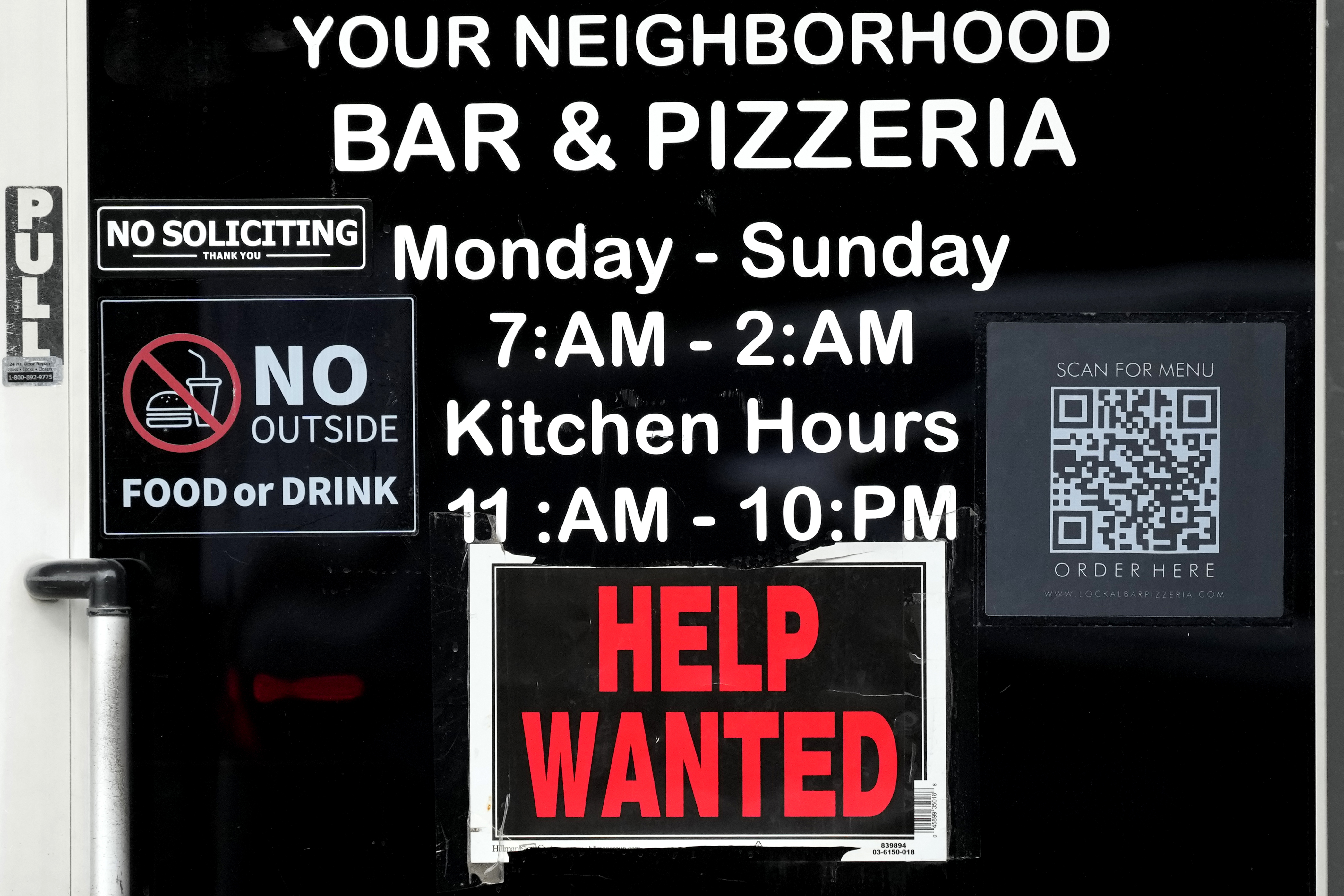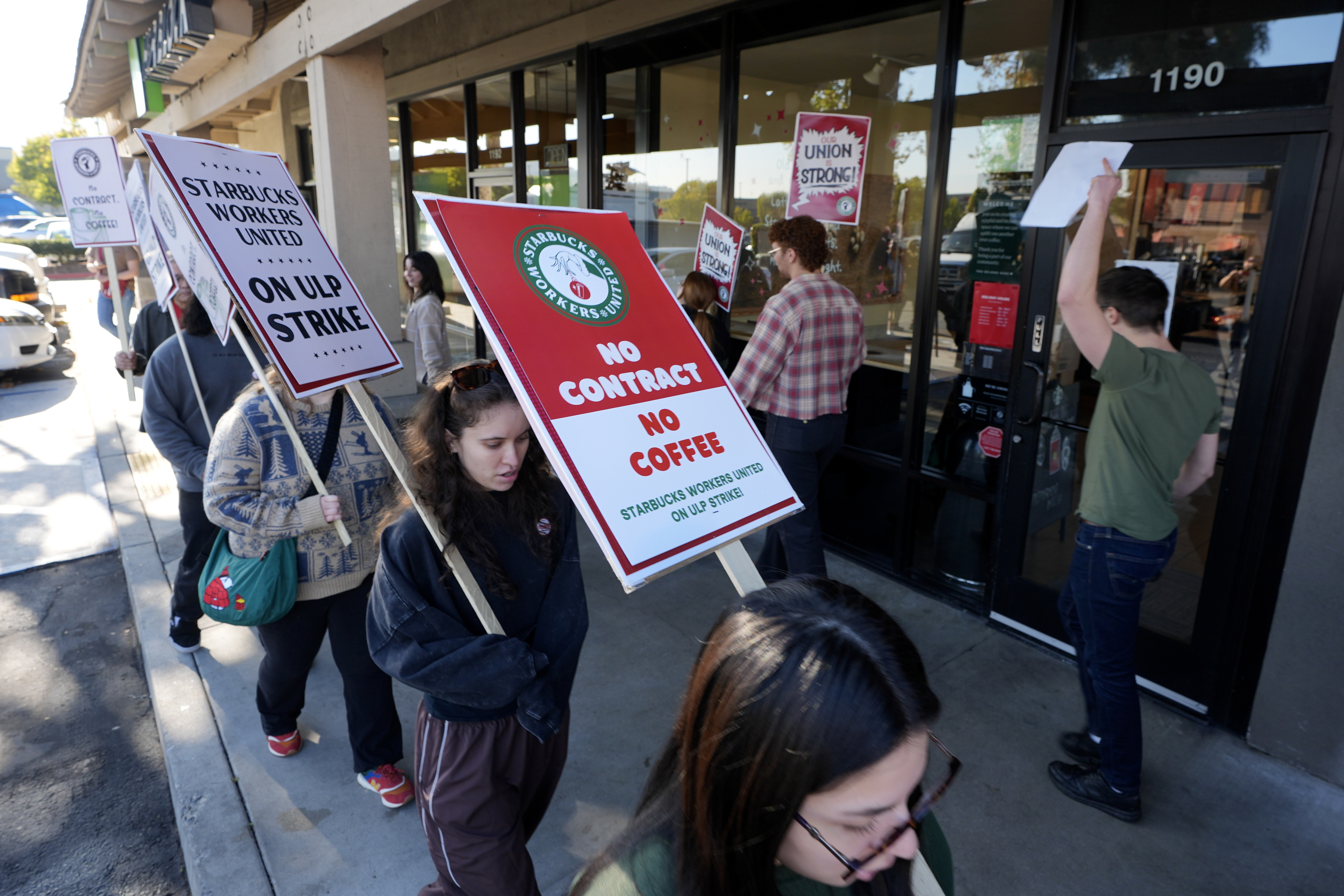RICHMOND, Va. — The Supreme Court of Virginia heard oral arguments Wednesday for a case that’s essentially been in a legal loophole for over a decade.
16-year-old Brittany Binger was walking late at night at a place she was staying in January of 2005 in Williamsburg. The next morning, she was found dead outside of a trailer park. Someone raped and strangled her.
Evidence led investigators to Oswaldo Martinez, now 47. He was arrested and charged with capital murder.
But there’s a few issues. Martinez is both deaf and mute. He mainly communicates through grunts, pantomimes and drawings. He’s an undocumented immigrant from El Salvador. Experts didn’t think he would be able to understand what was happening in court. Martinez also wouldn’t be able to help his lawyer in his defense, which is required under the constitution.
There have been attempts to teach sign language so Martinez would be able to communicate during a trial, but after years of therapy a judge deemed him incompetent to stand trial.
Attorney Russ Stone, our legal expert, says this is a unique situation because usually when someone cannot stand trial it is because that person has a low IQ, mental deficiency or even “a physical problem in the brain that allows them to not understand what’s going on.”
“It does kind of point out what very well may be a very small loophole in the law as it relates to competency and a person’s right to due process,” Stone explained.
What Martinez faces is essentially a language barrier due to a developmental roadblock. In 2013 a judge found that Martinez wasn’t making enough progress and was “unrestorably incompetent.”
“[The law] provides for a mechanism that if you are unrestorably incompetent that you will get out and the charges will have to be dismissed if you have been held in a mental health facility,” Stone said.
But because of the severity a capital murder charge, Martinez isn’t being released.
“Technically speaking a the law is written in Virginia right now if you are charged with capital murder and you are incompetent you can be held in a mental health facility forever,” Stone said.
In the law, the defendant charged with capital murder can receive “medically appropriate treatment.” Martinez’s sign language classes and work with doctors are examples of this. Every six months, Martinez’ competency is reviewed. Experts have found not much progress has been made over the years.
Martinez’ attorney Timothy Clancy tried to address this limbo to the Virginia Supreme Court justices today asking: What is “medically appropriate treatment”? Who has jurisdiction for appeals? Where do we go next?
One of the judges asked if a habeas corpus has been filed, which Stone says is usually done by someone convicted of a crime who thinks their lawyer didn’t do enough for them. In this situation, Stone says, the attorney and defendant would essentially be saying “the law is holding [the defendant] illegally.”
This situation something Clancy said the General Assembly, or anyone, could have never foreseen as a problem.
The Supreme Court of Virginia is expected to release their decision within 6 months to a year. For a loophole like this to be addressed in the law, the legislature would have to take it up.
What does justice look like for this case?
“When you talk about the word justice, you’re talking about a process. If the process is followed then justice is done. That doesn’t mean everyone is going to be happy with what that result is though,” Stone said.
James Binger, Brittany’s father, did not wish to comment on the proceedings.
A close friend was in court today. She was there to show that people still love Brittany and to make sure she’s not forgotten.














































